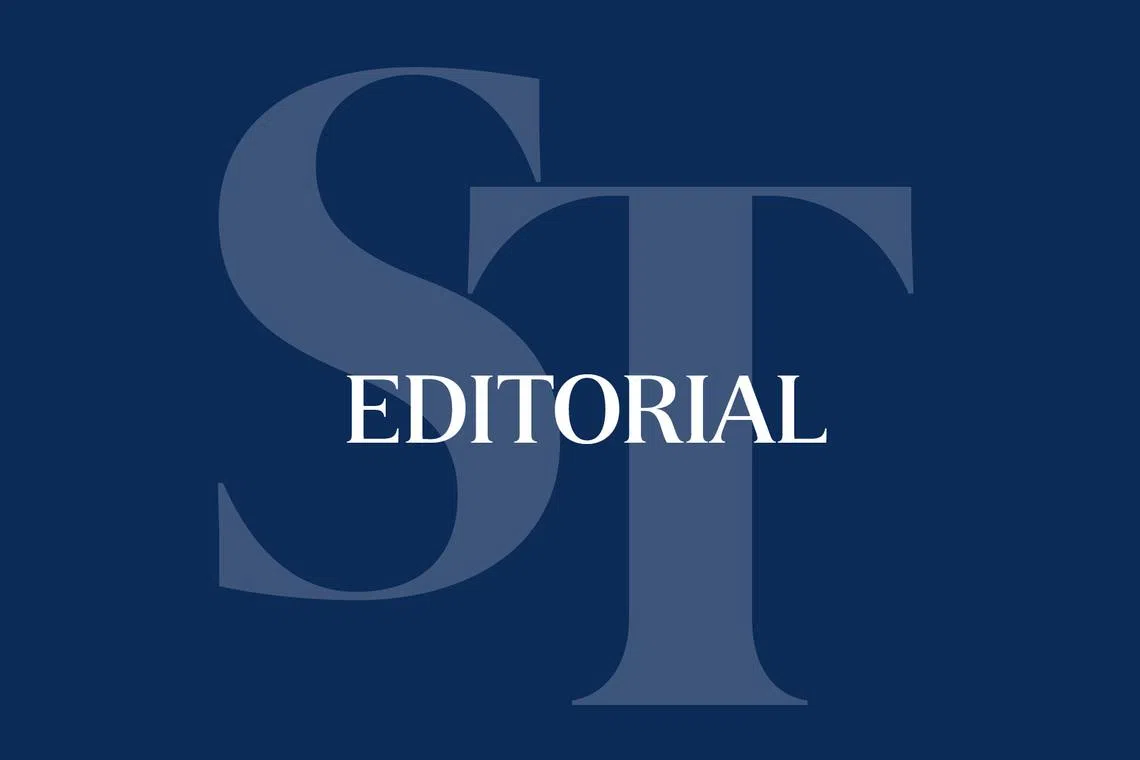The Straits Times says
Keeping govt agencies on their toes
Sign up now: Get ST's newsletters delivered to your inbox

The Auditor-General’s Office (AGO) plays an essential role in the governance of Singapore, although it is possibly less well known to the public than its counterparts involved in keeping public life clean and wholesome. The AGO is an independent organ of state and the national auditor which enhances public accountability in the management and use of public funds and resources through its audits. Proud of the independence which allows it to act without fear or favour, the AGO audits government ministries and departments, organs of state, statutory boards, government funds, and other public authorities and bodies administering public funds (upon their request for an audit). Its hawk-eyed observations identify system weaknesses, non-compliance with control procedures or legislation, and instances of excess, extravagance, or gross inefficiency leading to waste in the use of public funds and resources. The AGO’s annual report keeps ministries, organs of state, statutory boards and government-owned companies on their toes.
In this year’s report, the People’s Association, the Public Service Division, the Ministry of Communications and Information and the Civil Aviation Authority of Singapore were among the government agencies flagged for lapses and weaknesses.
Additionally, the AGO conducted what is known as a thematic audit
In like spirit, down the road, it is important for public agencies to not go on the defensive following adverse observations made in the AGO’s reports, but to acknowledge that, as part of good governance, there always is scope for improving internal processes whose weaknesses are highlighted in those reports. This is a tradition whose continuation good governance in Singapore demands.


